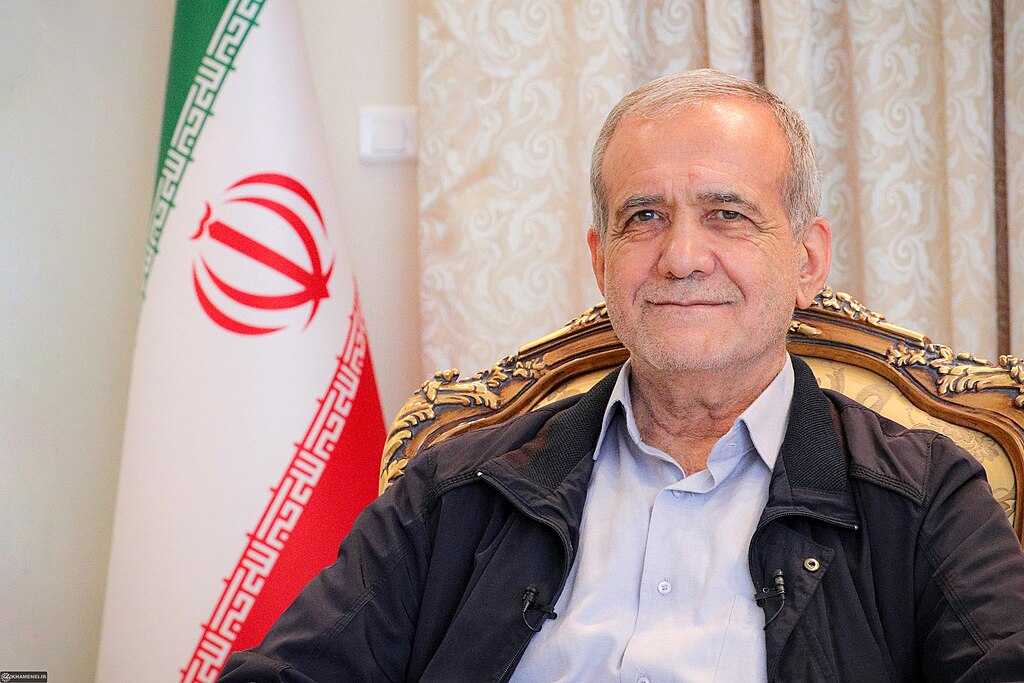Iran faces a defining moment of truth following Israel’s audacious assassination of Hezbollah leader Hassan Nasrallah in Beirut on September 27.
Nasrallah’s untimely death, a major castastrophe for Hezbollah, was an extremely severe blow to Iran. By all accounts, his removal from the scene elicited shock, anger and sorrow in Tehran. In one devastating stroke, Iran, Israel’s deadliest foe, lost one of its staunchest allies in the Arab world and the key figure in the Axis of Resistance, the informal Iranian alliance of anti-Western proxies in the Middle East ranged against Israel.
Nasrallah was killed along with 20 of his associates. Israel also eliminated Abbas Nilforoushan, an Iranian general and a deputy commander of Iran’s Islamic Revolutionary Guards Corps, which assists Hezbollah militarily.
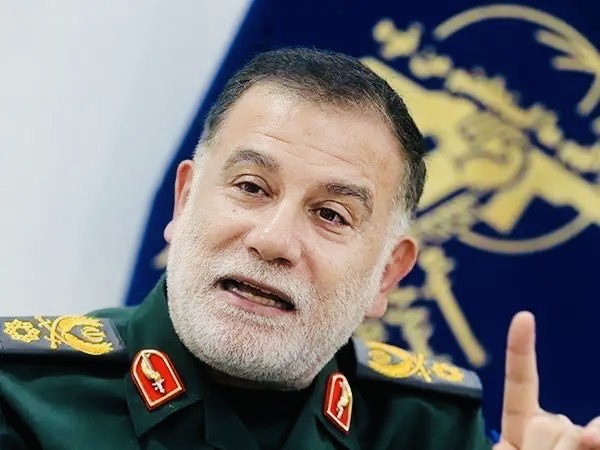
This strike, which rattled Hezbollah to its core, took place less than two weeks after Israel detonated thousands of pagers and walkie-talkies belonging to its officers and foot soldiers.
On September 29, Israel took aim at another Iranian proxy when its air force bombed the city of Hodeida in Yemen for the second time since July in response to three unsuccessful Houthi missile attacks against Israel in the last few days. The raids destroyed power plants and port facilities and were described by Prime Minister Benjamin Netanyahu as part of a strategy to weaken Iranian surrogates and create a new balance of power in the Middle East. “Our foes and friends view Israel again for what it is: a strong, determined and powerful state,” he said.
With Nasrallah and Nilforoushan gone, and Hezbollah having fallen into disarray after two weeks of constant Israeli strikes against its commanders, military infrastructure, communication system and arms caches, Iran finds itself on the horns of a dilemma.
If Iran lashes out at Israel, as Iranian and Hezbollah hardliners fully expect, Israel would likely retaliate ferociously, dragging the United States into the battle and possibly igniting a regional war.
If the Iranian government remains cautious and holds its fire in accordance with its doctrine of “strategic patience,” an embarrassing perception may emerge that Iran has been outmaneuvered by Israel, causing its most ardent supporters in the region to feel let down and disappointed.
Realistically, the Iranian leadership is concerned that a regional war would run counter to Iran’s vital interests. It could wreak havoc on its industrial and military infrastructure and expose its nation-wide nuclear facilities to obliteration. It could spawn internal dissatisfaction and further tarnish the image of the unpopular autocratic Iranian regime, which has ruthlessly crushed a series of street protests in the past 15 years. And it could sabotage Iran’s efforts to ease tensions with the West and to restart negotiations to revive the 2015 Iran nuclear agreement, from which the United States withdrew in 2018.
These factors may explain why Iran has yet to launch a reprisal attack against Israel in revenge for the killing of Hamas political leader Ismail Haniyeh in Tehran in July, an assassination widely attributed to the Mossad.
Last April, Iran attacked Israel directly for the first time following Israel’s bombing of its consulate in Damascus, an attack that killed several Iranian generals. Iran’s massive missile and drone barrage was largely foiled by Israel, the United States, Britain and Jordan. Iran’s unprecedented assault led to an Israeli Air Force raid on Iranian air defence batteries near Isfahan.
Now, five months later, Israel and Iran are at loggerheads yet again, with Nasrallah’s assassination having set off a highly contentious debate in Iran indicative of the sharp differences of opinion within the regime. An Israeli invasion of southern Lebanon should sharpen Israel’s confrontation with Iran.
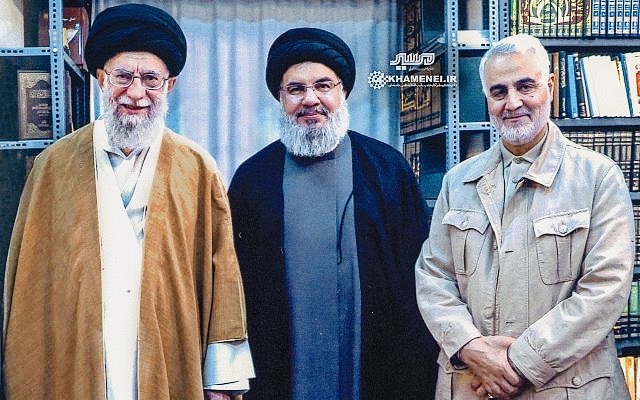
After Hezbollah formally acknowledged that Nasrallah had been “martyred,” Iran’s supreme leader, Ayatollah Ali Khamenei, announced five days of mourning and declared, “The blood of the martyr shall not go unavenged.”
While Khamenei denounced “Zionist criminals” and pledged that Iran would stand with Hezbollah, he drew a line in the sand, saying that Hezbollah rather than Iran would respond to Nasrallah’s assassination. “It will be Hezbollah, at the helm of the resistance forces, that will determine the fate of the region,” he said. And he added, “Lebanon will make the aggressor and the evil enemy regretful.”
As he spoke, supporters of the government gathered in Tehran’s Palestine Square, waving Hezbollah’s yellow flag and chanting “Revenge, revenge” and “Death to Israel.”
Iran’s newly elected president, Masoud Pezeshkian, has not issued a formal statement, but during his visit to the United Nations in New York City last week, he urged restraint, suggested that Iran sought to avoid a regional war, and claimed that Iran was prepared to “lay down its arms if Israel laid down its arms.”
Pezeshkian’s spokesperson, Fatemeh Mohajerani, likened Israel’s current military campaign in Lebanon to its ongoing war against Hamas in the Gaza Strip and urged the United Nations Security Council to “intervene to prevent catastrophes like Gaza … in Lebanon.”
Iran’s former vice president, Mohhamed Ali Abtahi, has discounted the possibility that Iran should wage war on Israel. “That’s off the table,” he said.
Mohammad Khajoee, the former Beirut bureau chief of Iran’s main news agency, cautioned in an article in a reformist daily that Iran should not be dragged into a war with Israel. “Iran must not enter a military conflict with Israel,” he wrote. “It must quickly find a way for Hezbollah to save face and leave this recent war, without suffering more damage.” Khajoee went on to say that Iran “must convince Hezbollah to finish its clashes with Israel and go back to pre–October 7 conditions.”
Iranian Foreign Minister Abbas Araghchi has condemned “this horrible crime of the aggressor Zionist regime” and promised that Nilforoushan’s death “will not go unanswered.” But Araghchi also said that Hezbollah “makes its own decisions and is fully capable of defending itself, Lebanon, and the people of Lebanon on its own.”
Iranian Foreign Ministry spokesperson Nasser Kanaani hewed to the same script on September 30 when he warned Israel that Iran will not leave any of its “criminal acts” unanswered. “We stand strongly and we will act in a way that is regretful for Israel),” he said, adding that Iran would not send its own troops to Lebanon.
Striking a much harder tone, the Iranian embassy in Beirut said that the “rules of the game” had changed and threatened Israel with “appropriate punishment and discipline.”
The hardline Iranian newspaper, Kayhan, gloated that “Israel has dug its own grave.”
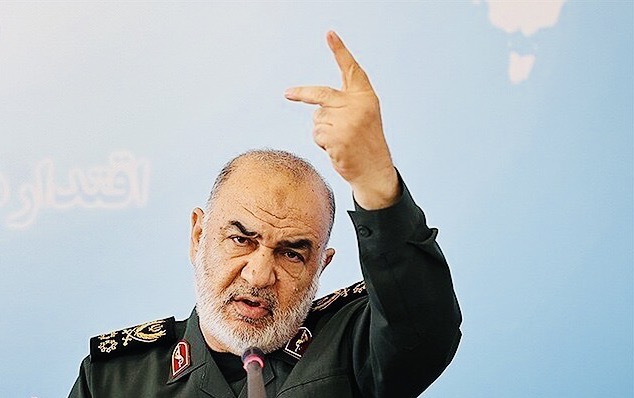
The commander of the Islamic Revolutionary Guards Corps, General Hossein Salami, said that Hezbollah and its regional allies would carry out retaliatory blows, thereby relieving Iran of the onerous obligation of attacking Israel.
Salami, however, is trying to assist Hezbollah in a trangible manner. The Islamic Revolutionary Guards Corps has sent officers to Lebanon to help Hezbollah rebuild its decapitated command structure, establish a new and secure communications network, and name a new secretary general.
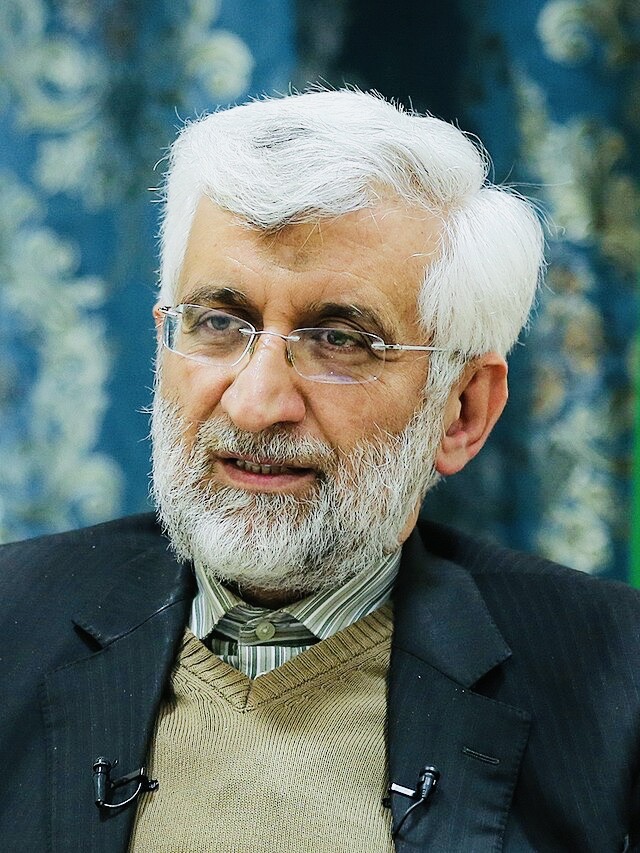
Saeed Jalili, a candidate in the recent presidential election, called for an immediate Iranian reprisal to establish deterrence against Israel.
In the same vein, a commentator on state television proclaimed that Israel only understood the language of force. Still another pundit accused Pezeshkian’s moderately reformist government of abandoning Hezbollah and claimed that Tehran would be Israel’s next target if Iran did not act against Israel.
Ayatollah Mohammed Hassan Akhtari, the head of Iran’s Committee to Support Palestinians, urged Iran to attack Israel because it had erased a red line by having killed Nasrallah.
What comes next is impossible to predict. Only Khamenei and his closest advisors know.
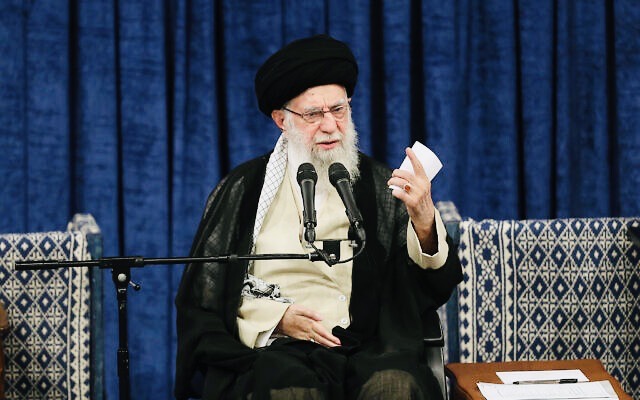
As one Iranian commentator put it, “The supreme leader has not given up on his decades-long crusade against the West, Israel, and his own people’s insufficient purity. But he has understood that intransigence could prove self-destructive for his regime and is thus putting out feelers for negotiations with the West that could help lift sanctions and stabilize the country. His open support for Pezeshkian limits the gambit of hardliners, who are also hated by much of the Iranian population and even by many in the establishment.”
